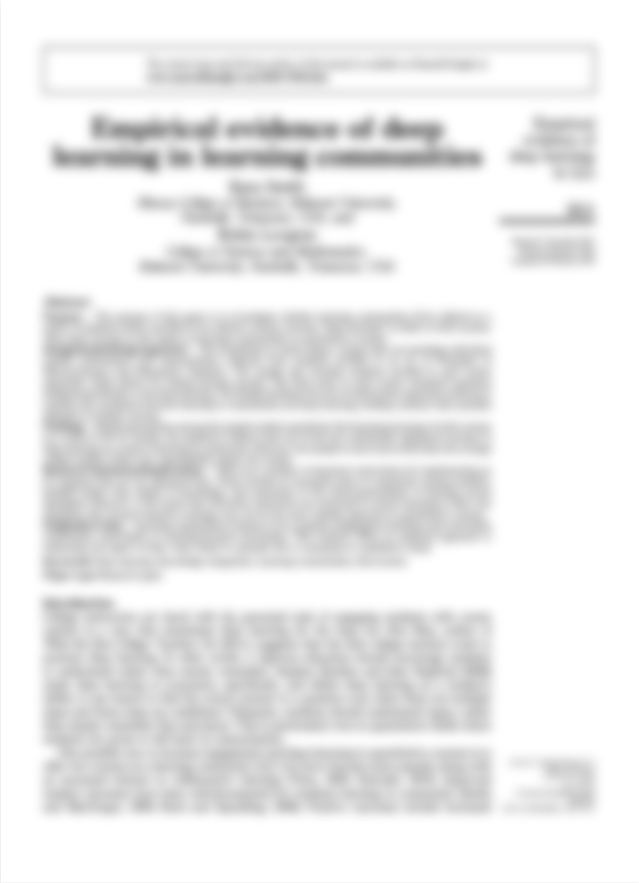THE ICONOGRAPHY OF THE BATTERY AND CASTLE GARDEN
William Loring Andrews.
The Book Buyer (1867-1903); New York Vol. 22, Iss. 4, (May 1, 1901): 304.

You might have access to the full article...
Try and log in through your library or institution to see if they have access to the full text.





